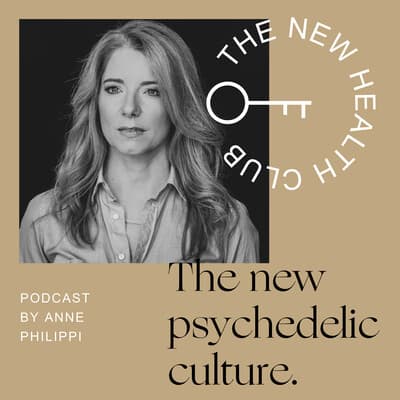Society & Culture
I talked to Rachel Yehuda, a professor of psychiatry and neuroscience, the Vice Chair for Veterans Affairs in the Psychiatry Department, and the Director of the Traumatic Stress Studies Division at the Mount Sinai School of Medicine. She also leads the PTSD clinical research program at the James J. Peters VA Medical Center. In 2020 she became director of the Center for Psychedelic Psychotherapy and Trauma Research at Mount Sinai.Rachel is an important woman, and will be even more important in the years to come. She is researching the generational effect of the holocaust trauma. The neuroscientist and I discuss how the Holocaust, famine, and other catastrophic experiences can affect our DNA. And how MDMA therapy might be able to change that.I could not wait to talk to Rachel! She is a specialist in researching epigenetic trauma in the context of Holocaust survivors and she is a pioneer in understanding how the effects of stress and trauma can transmit biologically to the next generation. She has studied the children of Holocaust survivors and of pregnant women who survived the 9/11 attacks. How is it possible that children or grandchildren of traumatised parents struggle with anxiety and depression but not the parents themselves? And where do psychedelics fit into this picture? Rachel will also start a research program to treat these trauma-related depression with MDMA, all in collaboration with MAPS. What happens if one undertakes a psychedelic journey, and experiences their traumatic past during their trip? What does that mean for our future ability to look at the world in general? How can we do the work on post-traumatic growth? What new stories can come from exploring this psychodynamic narrative? And what tools do we need to re-story our past? Using psychedelics and MDMA can be really powerful tools in understanding conflict, shame and guilt on a deeper personal level.

